Tired of pesky bugs ruining your outdoor fun? Embrace the natural way to keep those little nuisances at bay.
With ingredients you can find right at home, these DIY insect repellents are not only safe for your skin but also eco-friendly.
Dive into the world of natural insect deterrents and discover how you can protect your family without resorting to chemicals.
From essential oils to common garden plants, these solutions are both effective and easy to make.
1. Lemon Eucalyptus Oil Spray

Lemon eucalyptus oil is renowned for its insect-repelling properties, offering a fresh, lemony aroma that bugs despise.
This delightful scent also refreshes the senses, making it a pleasure to use.
To make your spray, mix ten drops of lemon eucalyptus oil with two tablespoons of witch hazel in a small spray bottle. Shake well before applying to exposed skin.
Avoid eyes and mouth. Did you know? The CDC recognizes lemon eucalyptus oil as an effective mosquito repellent.
2. Lavender Sachets

Lavender sachets are not just pretty—they’re potent bug deterrents. With their calming fragrance, these sachets can be tucked into drawers, closets, or placed near windows.
To make them, fill small fabric bags with dried lavender buds. Secure with twine and place strategically around your home.
Bugs, especially moths, find lavender’s scent overwhelming. An added bonus? Your home will smell divine.
Remember, lavender is also known for its sleep-promoting properties, enhancing your space’s ambiance.
3. Peppermint Oil Cotton Balls

Peppermint oil is a natural ant and spider repellent. Its intense scent disrupts the pheromone trails insects use for navigation.
Simply soak a few cotton balls in peppermint oil and place them in problem areas. Refresh every few days to maintain effectiveness.
This method offers a non-toxic alternative to chemical sprays.
Not only does it keep your home insect-free, but the invigorating aroma also energizes your senses, creating a refreshing environment. Keep out of reach of children and pets.
4. Citronella Candle

Citronella candles are a popular outdoor insect repellent. Their smoky, citrus scent drives mosquitoes away while creating a cozy atmosphere.
To make one, melt soy wax and add citronella oil before pouring it into a heat-resistant container with a wick.
Allow to cool and harden. Light the candle during outdoor gatherings for a bug-free experience.
Fun fact: Citronella oil is derived from lemongrass and has been used for centuries as a natural repellent!
5. Basil Plant
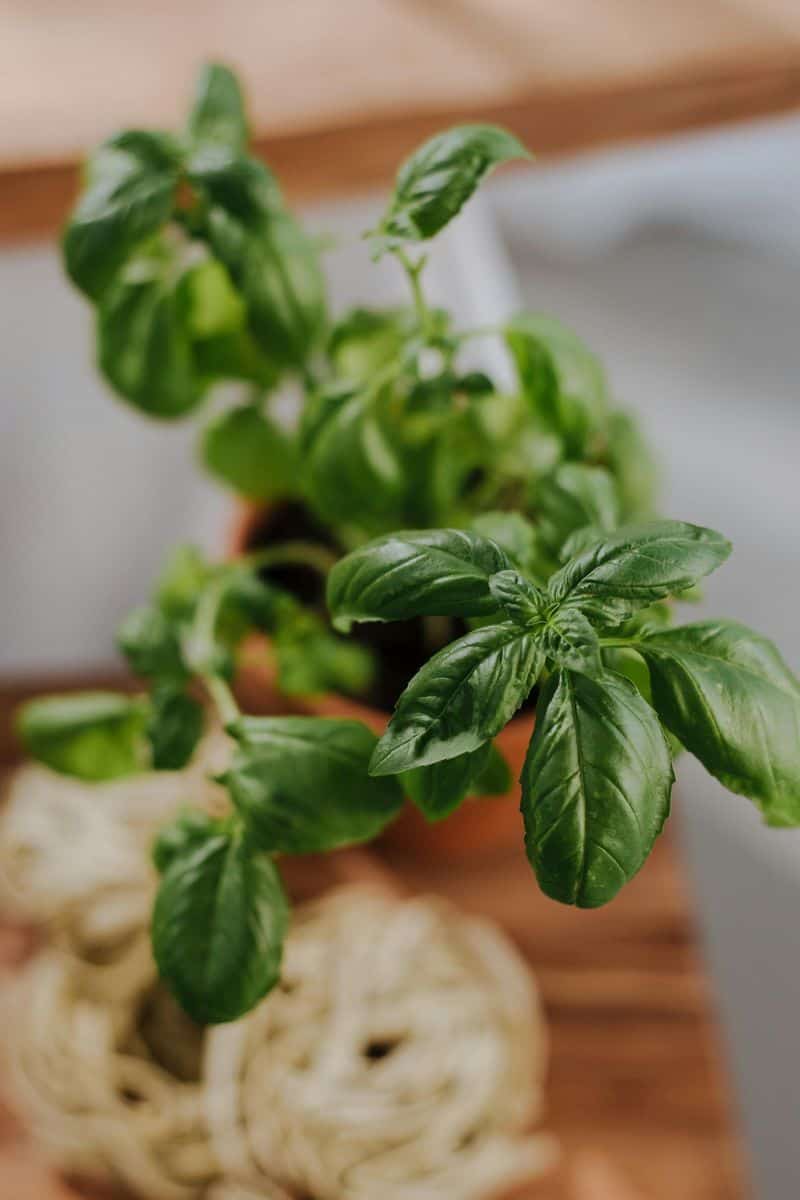
Basil plants not only enhance your culinary dishes but also repel flies and mosquitoes. Place pots of basil around entrances and outdoor seating areas.
The plant’s aromatic oils deter bugs, while the leaves can be used fresh in your favorite recipes.
The sweet, peppery fragrance of basil is both appetizing and effective as a natural insect deterrent.
Regularly pinch off leaves to promote growth and maximize its benefits. Remember, basil thrives in sunny spots with well-drained soil.
6. Garlic and Onion Spray

Garlic and onion sprays are pungent yet effective insect repellents. The strong aroma confuses and repels many garden pests.
To make, blend several cloves of garlic and an onion with water. Strain the liquid and pour into a spray bottle.
Apply to plant leaves and soil. This natural concoction is perfect for protecting your garden without harmful chemicals.
Though the scent fades for humans, it remains potent for bugs. Reapply after rain for continued protection.
7. Rosemary Smoke

Burning rosemary is a traditional method to ward off insects during outdoor events. The aromatic smoke confuses mosquitoes, keeping them at bay.
Bundle dried rosemary with twine and light one end. Let it smolder in a safe dish or ashtray. As it burns, the fragrant smoke creates a natural barrier against bugs.
This method doubles as a sensory delight, evoking memories of cozy campfires and fragrant kitchens.
Ensure proper ventilation and fire safety when using this technique.
8. Cucumber Peels
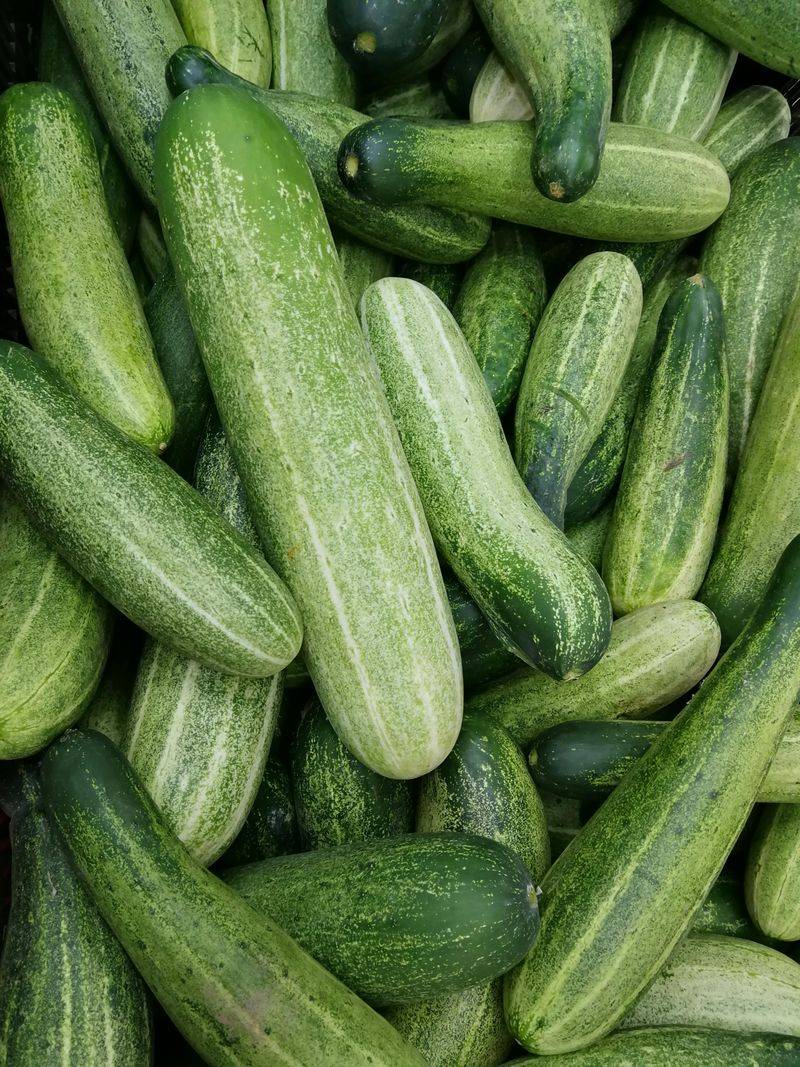
Cucumber peels are a surprising yet effective ant deterrent. Ants dislike the taste of cucumbers, especially bitter ones.
Scatter fresh peels near entry points and ant trails to keep them away.
This eco-friendly solution is both simple and effective, making it perfect for households looking to reduce chemical usage.
Plus, leftover cucumbers can be a refreshing snack! Remember to replace peels regularly for ongoing protection.
It’s a handy trick for picnics and outdoor dining, ensuring a bug-free meal.
9. Tea Tree Oil Wipes
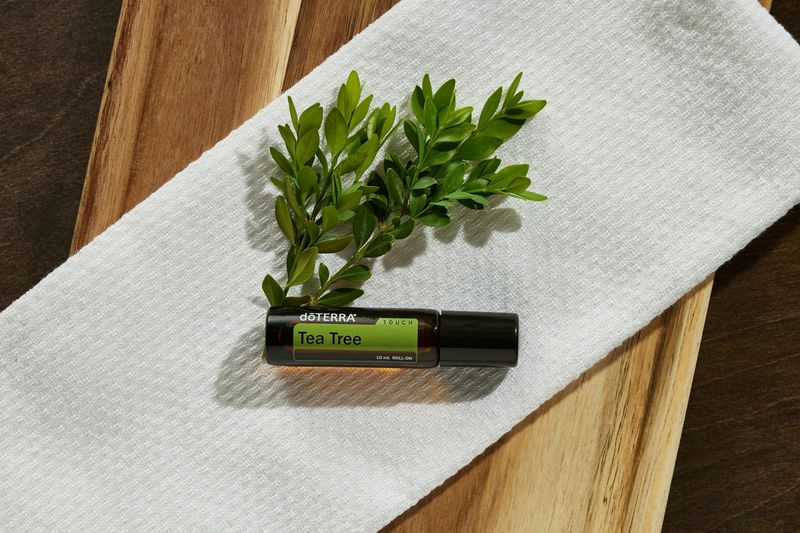
Tea tree oil is a versatile insect repellent with antifungal and antibacterial properties. Create wipes by adding a few drops of tea tree oil to damp cloths.
Use them to wipe down surfaces, creating an invisible barrier against insects. The crisp, medicinal scent deters bugs while leaving surfaces clean and fresh.
These wipes are perfect for camping trips or outdoor picnics, providing protection on-the-go.
Store in a sealed container to maintain their potency and prevent drying out.
10. Neem Oil Spray
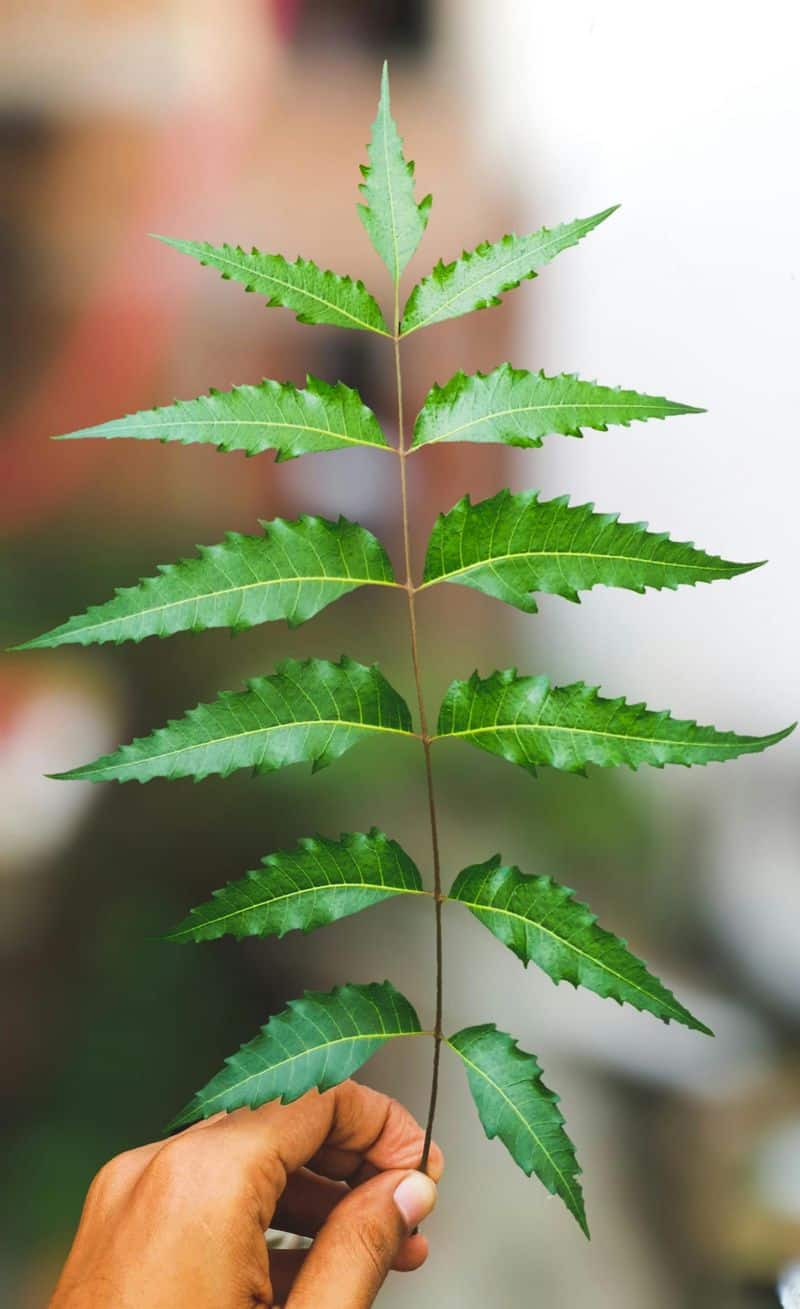
Neem oil is a powerful insecticide that interrupts the life cycle of many pests. Mix neem oil with water and a few drops of dish soap, then spray on plants or infested areas.
This natural solution is safe for garden use and protects against aphids, mites, and more. The slightly garlic-like aroma is off-putting to bugs.
Neem oil’s effectiveness as a plant protector is unmatched, ensuring your garden thrives without harmful chemicals. Regular application boosts its protective benefits.
11. Apple Cider Vinegar Trap

Apple cider vinegar traps are perfect for catching fruit flies. The vinegar’s fruity scent attracts them, while the plastic wrap prevents escape.
Fill a jar with apple cider vinegar and cover it tightly with plastic wrap. Poke small holes in the wrap. Place near fruit bowls or compost bins.
This easy trap is effective and chemical-free. The tangy aroma doubles as a pleasant kitchen fragrance. Refresh the vinegar weekly for optimal results.
It’s an effortless way to maintain a fly-free kitchen.
12. Lemon Balm Plant
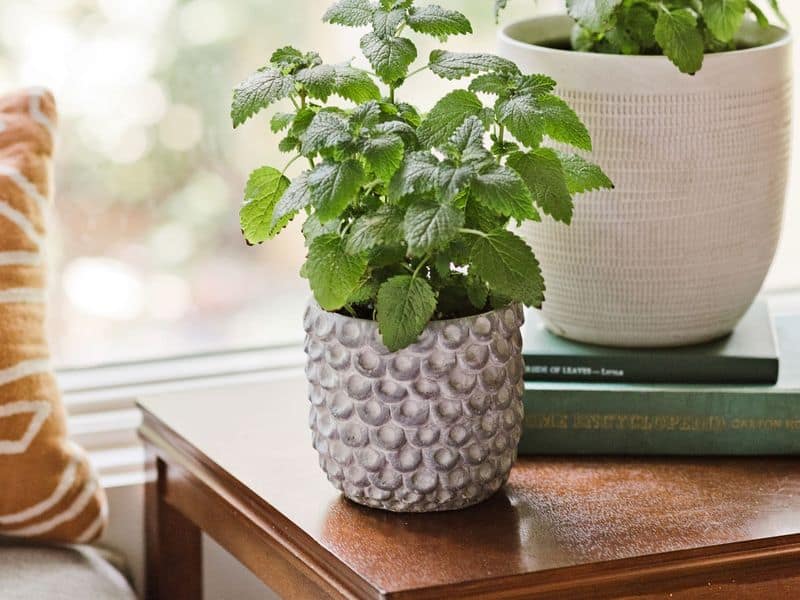
Lemon balm is not only a culinary herb but also a mosquito repellent. Its fresh, lemony scent is unappealing to bugs.
Grow it in pots on your patio or garden for natural protection. The plant’s oils can be rubbed directly onto your skin for added defense.
Regular pruning encourages bushy growth. This cheerful plant brightens any space and offers a fragrant, effective bug barrier.
Perfect for gardeners and cooks alike, lemon balm is a multi-use addition to your home.
13. Essential Oil Diffuser Blend

Essential oil diffusers can fill your home with a pleasant aroma while deterring insects. Create a repellent blend using oils like citronella, lemongrass, and peppermint.
Add a few drops of each oil to your diffuser with water.
The ultrasonic mist disperses the scent throughout your space, creating an unwelcome environment for bugs.
This method is perfect for indoor use, offering a dual benefit of aromatherapy and pest control. Refresh the blend regularly for the best results.

